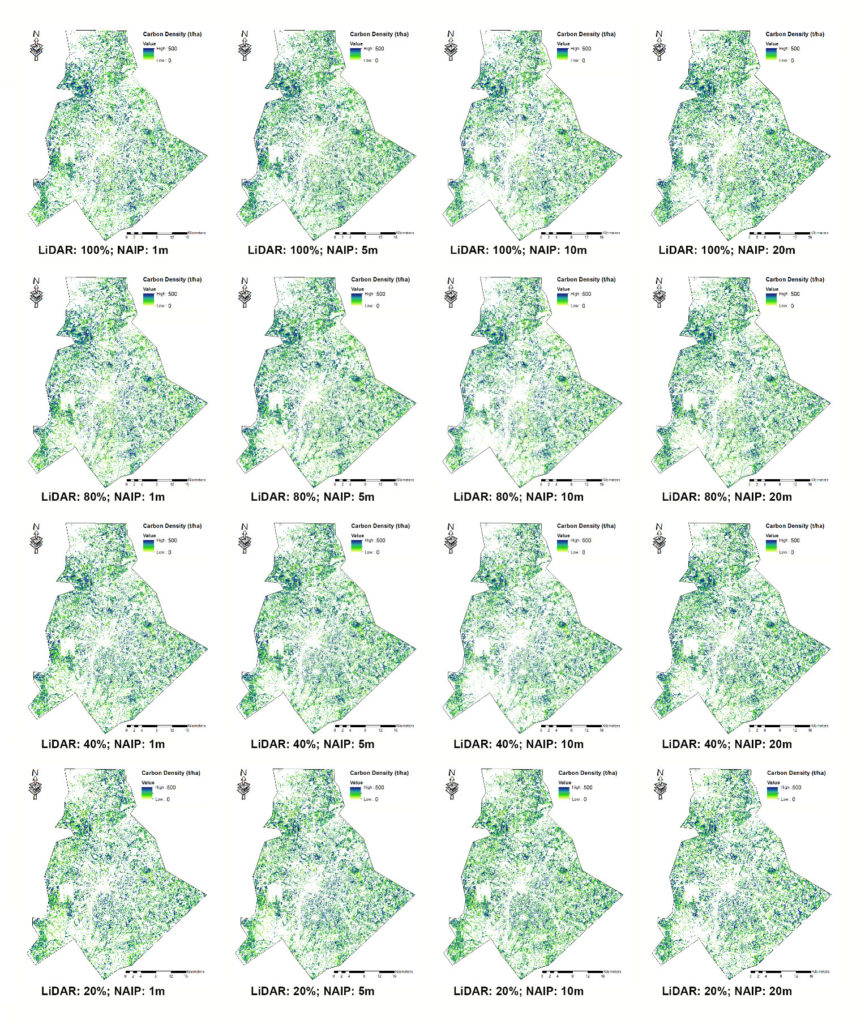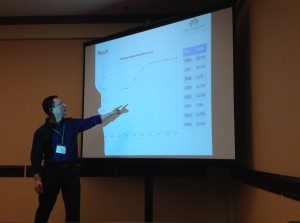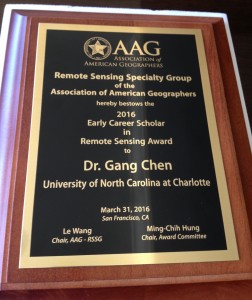Donald Rees recently joined LRSEC as a research assistant, with a research emphasis on mapping disease-caused tree mortality with satellite and airborne remote sensing data. Donald obtained his B.S. degree at the University of Minnesota-Twin Cities. He is currently working toward his second B.S. at UNC Charlotte. For details, please refer to his webpage.
Welcome aboard, Donald!


